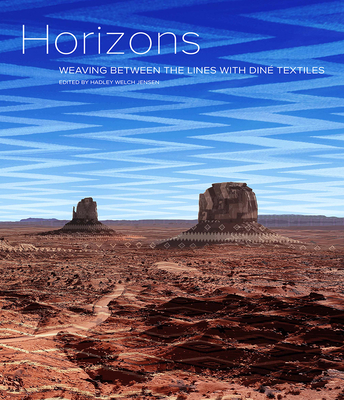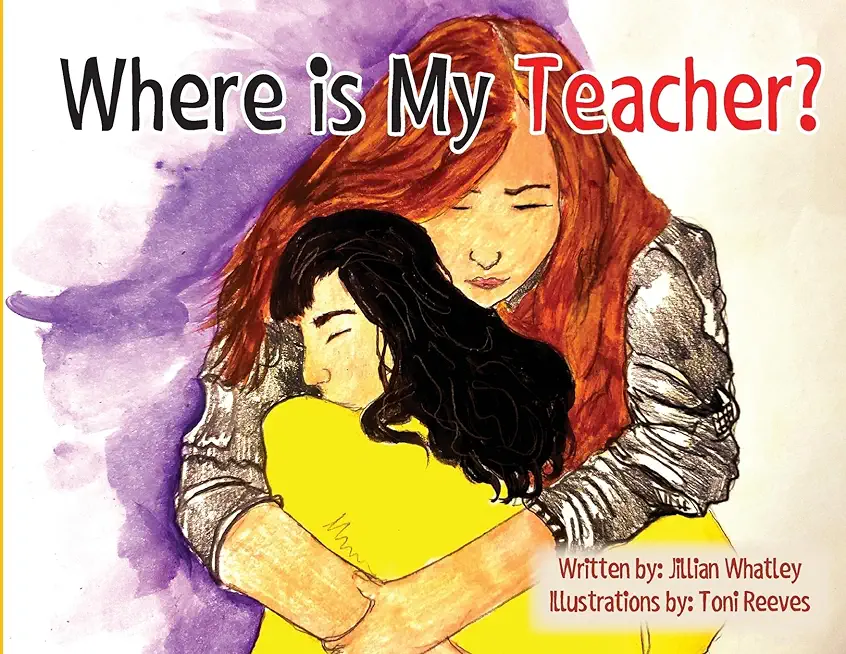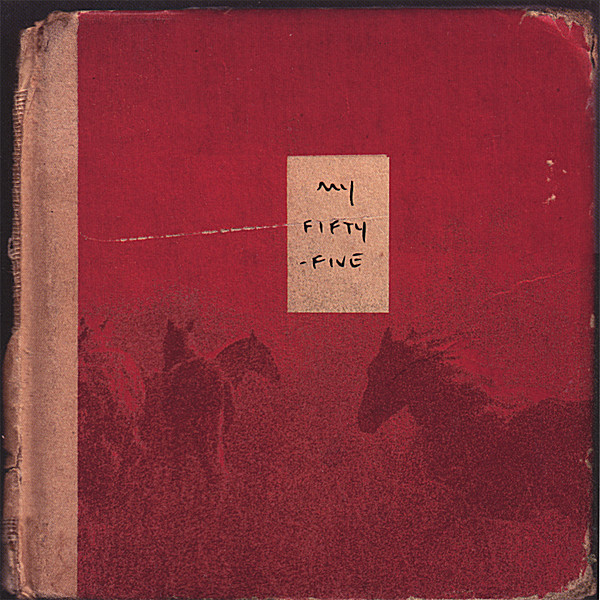
description
mom. Looking back at it now, I didn't consider her an artist then because she was always home with us. Now that I'm older, I think about these things differently and know that she is an artist--she is a weaver. She was always spinning yarn, creating sash belts, and sewing baby blankets in a way that was special to me. . . . I can still hear her spindle dancing on the floor; the squeak of wood on linoleum; the pounding when she was weaving her belts. Those were the sounds we went to sleep to."--Kevin Aspaas (Diné) "Diné weaving is an artistic practice grounded in Diné cosmology and Diné creation stories. Diné weavings have multidimensional and intersecting connections to sacred places, plants, animals, and spiritual beings. Distinctive protocols to care for these material, immaterial, visible, and/or cosmic spectrums, which are unique to weavings, are necessary to sustain them. In Diné creation stories, Spider Woman, an important deity, helped create the loom and gave Diné the gift of weaving. In gifting Diné with weaving, she also helped them construct the loom and its tools and attributed specific properties to each element that aligned with nature and the universe."--Larissa Nez (Diné) "Our journey to tell the stories of the weavers of these textiles has been inspiring. These weavers faced the violence of settler colonialism, which included executive orders for extermination, forced relocations, livestock reduction, conversion to Christianity, government boarding schools, and trading post directives that could have stifled individual artistic creativity. These weavers created incredible works of art during these times. I voice my gratitude that the prayers and songs of my matriarchs have allowed me to gather strength every day to live my life in balance. I now carry their resiliency, their warrior spirits, and the power of our Diné language to weave with creative freedom."--Lynda Teller Pete (Diné) Shaped by the voices of contemporary weavers and practitioners and through a constellation of poetry, essays, interviews, photographs, and multimedia artworks, Horizons: Weaving Between the Lines with Diné Textiles establishes connections between weaving and photography as ways of seeing, knowing, and relating to place. Drawing primarily from the collections of the Museum of Indian Arts & Culture--and considered in conversation with selected contemporary works--these historic textiles are reinterpreted by leading Diné weavers, scholars, and visual artists to reveal previously overlooked innovations and artistic expressions. Essays by Lynda Teller Pete (Diné), Wade Campbell (Diné), Jennifer Nez Denetdale (Diné) and Larissa Nez (Diné); Artist Interviews with Kevin Aspaas (Diné) and Tyrrell Tapaha (Diné); Artist Statement and Visual Essay by Darby Raymond-Overstreet (Diné).,
member goods
No member items were found under this heading.
listens & views

EXCLUSIVE LOUNGE SESSIONS 3 / ...
by EXCLUSIVE LOUNGE SESSIONS 3 / VARIOUS
COMPACT DISCout of stock
$10.99
Return Policy
All sales are final
Shipping
No special shipping considerations available.
Shipping fees determined at checkout.






